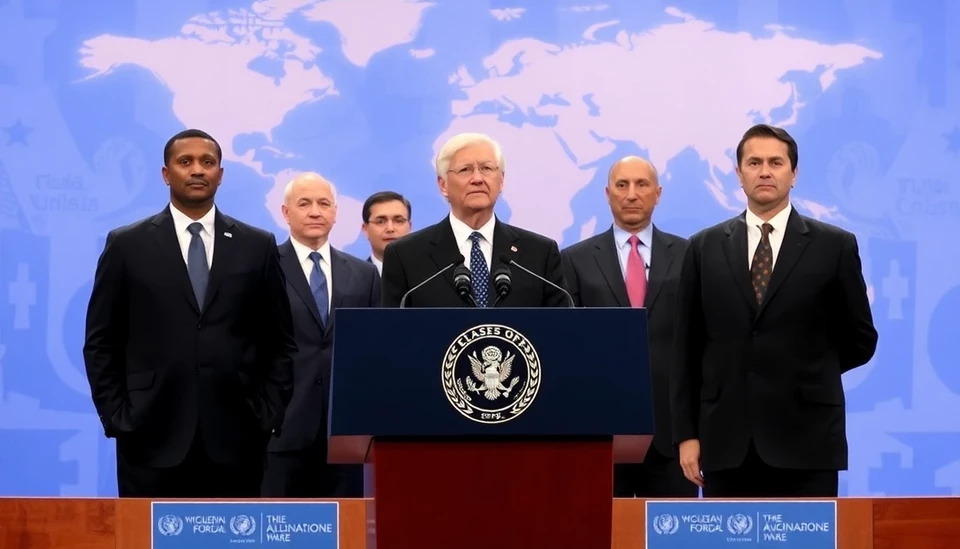
In a sobering new report, the scientists credited with formulating the concept of "net zero" have raised alarms that many nations are misguided in their approach to achieving this critical climate goal. As the climate crisis intensifies and world leaders gather to develop strategies to combat it, the originators of the "net zero" philosophy argue that countries are misapplying the fundamental principles necessary to effectively curb greenhouse gas emissions.
The term “net zero” generally refers to the balance between the amount of greenhouse gas emissions produced and the amount removed from the atmosphere. Scientists originally conceived this concept as a target to guide governmental policies and corporate practices toward meaningful reductions in emissions. However, the rising dissent from these climate experts comes in light of ongoing debates and discussions within international climate agreements, which seem to bluntly interpret or misrepresent the principles that underpin the original net zero framework.
The alert issued by these scientists underscores what they feel is a significant misunderstanding: achieving net zero requires robust and immediate action towards reducing emissions, not merely offsetting them. They emphasize that the current fixation on carbon offset markets and conversations surrounding technological solutions could lead to a dangerously complacent attitude among nations, which might think they can essentially "buy" their way out of accountability.
Furthermore, the report outlines that various nations are continuing to expand fossil fuel production, often rationalizing their actions with claims of advancing net zero objectives. The scientists stress that there must be a shared understanding across the globe regarding what it means to truly achieve net zero. They call for coordinated international efforts that prioritize real, verifiable emissions reductions alongside the integration of sustainable energy systems.
Drawing attention to recent pledges to achieve net zero by mid-century, the report critiques what they perceive as a 'wait-and-see' approach adopted by some countries. They argue that such timelines can lead to procrastination on immediate action, which is crucial to school the upcoming generations in climate responsibility and sustainability.
This stark message forces a critical evaluation of current policies and pledges. The scientists recommend establishing clearer guidelines and accountability mechanisms to ensure nations remain on track to meet their climate commitments without unintended loopholes that might undermine the intended outcomes of the net zero framework. By urging transparency and clarity about national strategies, the experts hope to foster an environment where genuine progress can be assessed and visibly achieved.
As climate negotiations continue globally, the message is provocative and comes at a pivotal moment; the international community is tasked with addressing climate change with a sense of urgency. The scientists encourage governments to reflect not only on their targets but also on the means of achieving them, emphasizing that only a truly collective and well-informed approach will lead to lasting impact.
Ultimately, the warning from the architects of the net zero concept serves as a clarion call for nations to rethink their strategies, fostering a renewed commitment to foundational principles that can bring about real change in the fight against climate change.
#NetZero #ClimateScience #EmissionReduction #ClimateChange #SustainableFuture #GlobalWarming
Author: Peter Collins




